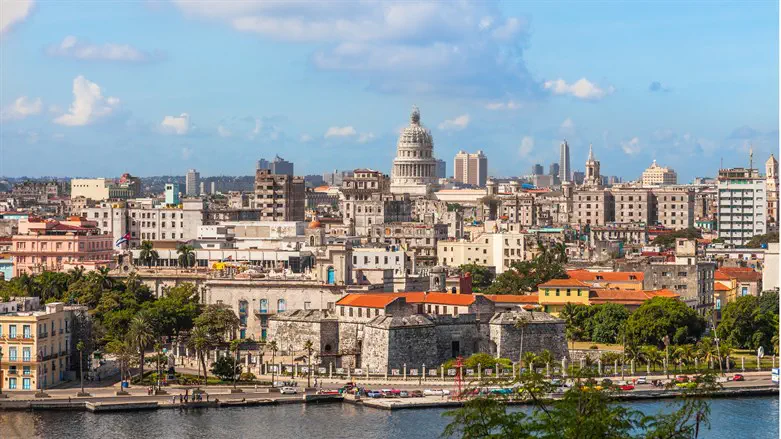
The administration of US President Joe Biden on Wednesday revoked a series of restrictions on flights to Cuba imposed by former President Donald Trump, including ending a prohibition on US airline flights to Cuban airports other than Havana, Reuters reported.
The US Transportation Department (USDOT) issued the order at the request of Secretary of State Antony Blinken, who said the action was "in support of the Cuban people, and in the foreign policy interests of the United States."
Wednesday’s announcement comes two weeks after the US announced a series of steps to revise its policy toward Cuba, including easing some Trump-era restrictions on family remittances and travel to the island and sharply increasing the processing of US visas for Cubans.
The measures, which were rolled out after a lengthy US government review, marked the most significant changes in the US approach to Havana since Biden took office in January 2021.
In 2017, Trump rolled back former President Barack Obama’s accord with Cuba. He banned tourist travel to the island and instituted a broad prohibition on financial transactions with companies significantly controlled by the Cuban government’s military.
Trump’s measures included barring US carriers from flying to eight international airports in Cuba outside of Havana including those in Camaguey, Cayo Coco, Cayo Largo, Cienfuegos, Manzanillo, Matanzas and Santiago de Cuba.
Biden has thus far stopped short of returning US-Cuba relations to the historic rapprochement engineered by Obama, under whom Biden served as vice president. That included less crimped flow of remittances, fewer travel curbs and faster visa services.
Obama and then-Cuban President Raul Castro announced in December of 2014 that ties between the countries would be restored.
The announcement followed several steps, including the United States officially dropping Cuba from its blacklist as a state sponsor of terrorism, as well as a scheduled airline service, increased co-operation on law enforcement and environmental protection.
The moves culminated in Obama visiting the island, and later naming a new ambassador to Cuba.
US State Department spokesperson Ned Price in a statement said the measures announced Monday were to "further support the Cuban people, providing them additional tools to pursue a life free from Cuban government oppression and to seek greater economic opportunities."
The State Department said the United States would lift the cap on family remittances, previously set to $1,000 per quarter, and authorize donative remittances to non-family members.
At the same time, it made clear that the United States would not remove entities from the Cuba Restricted List, a State Department list of Cuban government- and military-aligned companies with whom US firms and citizens are barred from doing business.
